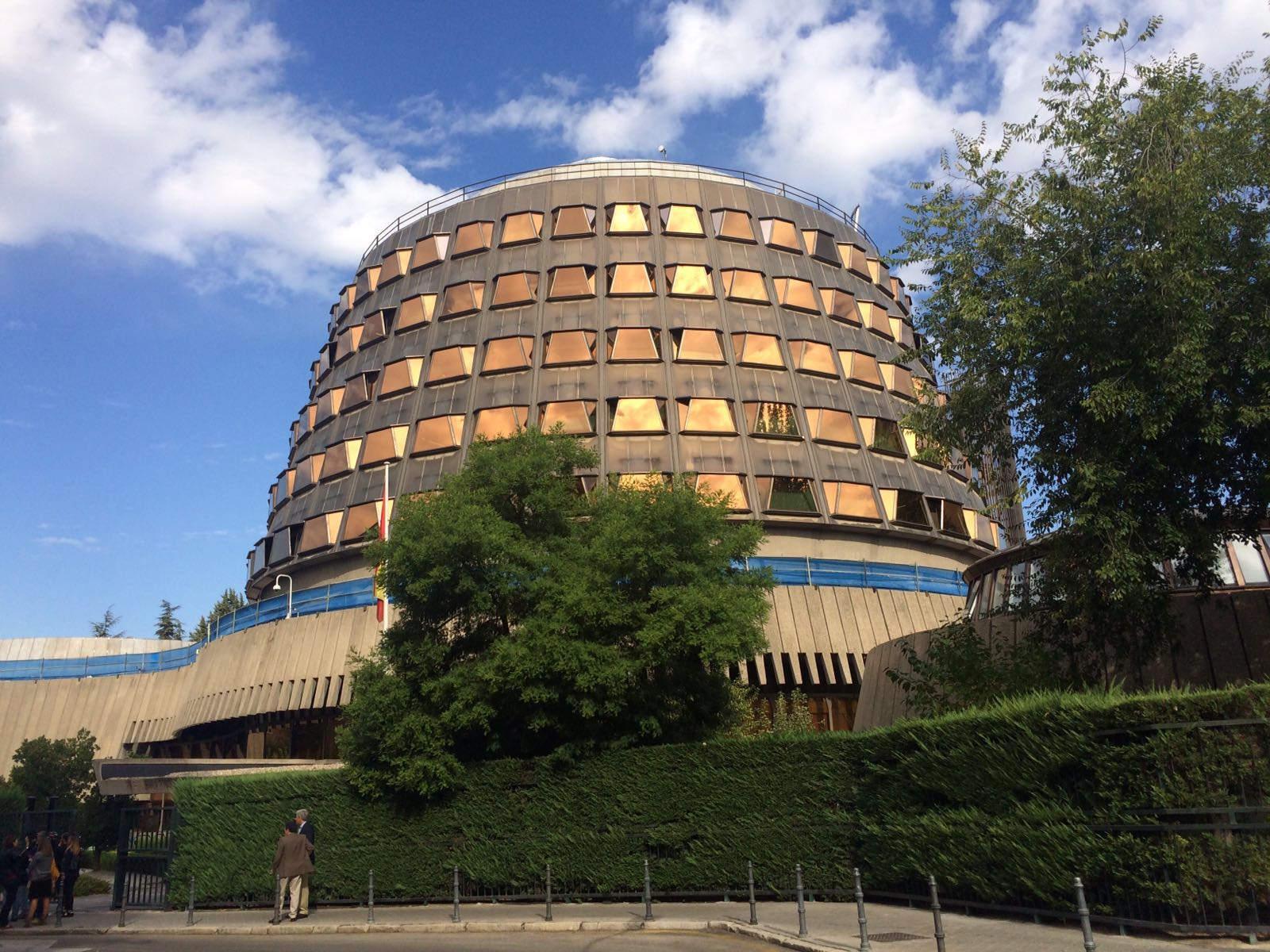Spain's Constitutional Court has suspended the declaration of independence approved on Friday by the Catalan Parliament with its acceptance into consideration of the appeal for the execution of a sentence presented by Mariano Rajoy's government against the resolution and the start of the constituent process.
The state executive presented the appeal because it believes that declaration has legal consequences beyond the political effects. In fact, the PP (Popular Party) government has already warned of its "evident legal and binding effects".
Legal sources say that the court agreed this decision based on article 161.2 of the Constitution, invoked by the central government in their argument, which guarantees the automatic precautionary suspension of the two resolutions passed by the Parliament.
The court gives 24 hours for the Public Prosecutor and the Parliament's Standing Committee to draft their cases. As in other earlier resolutions, it warns the Parliament's president, Carme Forcadell, and the members of the Parliament's Board and Standing Committee that they could incur responsibilities, possibly criminal, if they don't obey the suspension.
Specifically, it warns them that they have to abstain from "starting, processing, informing or dictating, within their powers, agreements which allow for the endowment of the declaration of independence with legal value".
The declaration of independence was approved with 70 votes in favour, 10 against and 2 abstentions. To avoid voting, anti-independence deputies from a number of parties had left the chamber.

